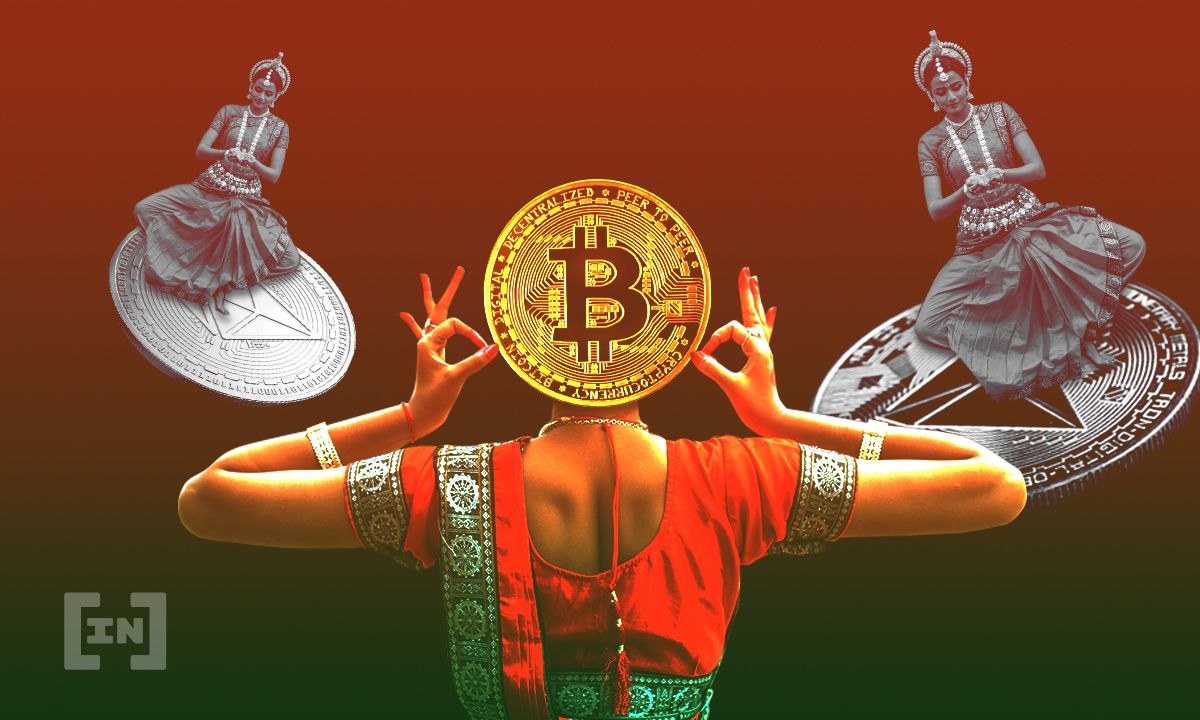The government of India is planning a “reverse charge” on virtual digital asset investment on overseas platforms.
A reverse charge is an indirect tax liability on the recipient of goods or services rather than the supplier.
For an Indian investor procuring services from a domestically unregistered crypto exchange, the goods and services taxation (GST) burden will fall on the receiver.
“If a crypto exchange is based out of India, and is not impacted by GST implication, then the receiver who is based out of India will be liable to pay GST on a reverse charge basis,” a source told Business Today TV.
Reportedly, the percentage of this reverse charge could be 18% based on commissions earned via crypto transactions.
The source added: “The legality of virtual digital assets could be considered under schedule 2 of The Central Goods and Services Act, 2017 which mentions of the activities or transactions to be treated as supply of goods or supply of services.”
India is proposing to amend its goods and services tax (GST) to include cryptocurrencies. While the decision is expected in the next GST council likely this month, investors have already been paying 30% tax on crypto gains since the start of April 1.
The source also told Business Today: “[The government] is unlikely to tax crypto on the total value of the transaction, per se. The discussions are at a stage that needs further deliberations.”
India’s central bank raises concerns but industry divided
Officials of the Reserve Bank of India (RBI) recently told the Parliamentary Standing Committee on Finance that cryptocurrency might lead to “dollarisation.”
Jaijit Bhattacharya, president of the Centre for Digital Economic Policy Research explained there is a problem with using foreign currency in any economy as the central bank lacks control over the currency in applying monetary policy tools.
Meanwhile, RBI’s hard stance on the crypto sector continues to raise legislative concerns for investors.
The Confederation of Indian Industry (CII) president Sanjiv Bajaj noted in another interview that the sector should be regulated and not banned despite its potential concerns.
“So, our suggestion is to monitor and regulate them, perhaps in a sandbox environment, try them out in a more controlled environment and learn from them, and then decide what makes sense and what doesn’t,” he said.
Disclaimer
In adherence to the Trust Project guidelines, BeInCrypto is committed to unbiased, transparent reporting. This news article aims to provide accurate, timely information. However, readers are advised to verify facts independently and consult with a professional before making any decisions based on this content. Please note that our Terms and Conditions, Privacy Policy, and Disclaimers have been updated.


